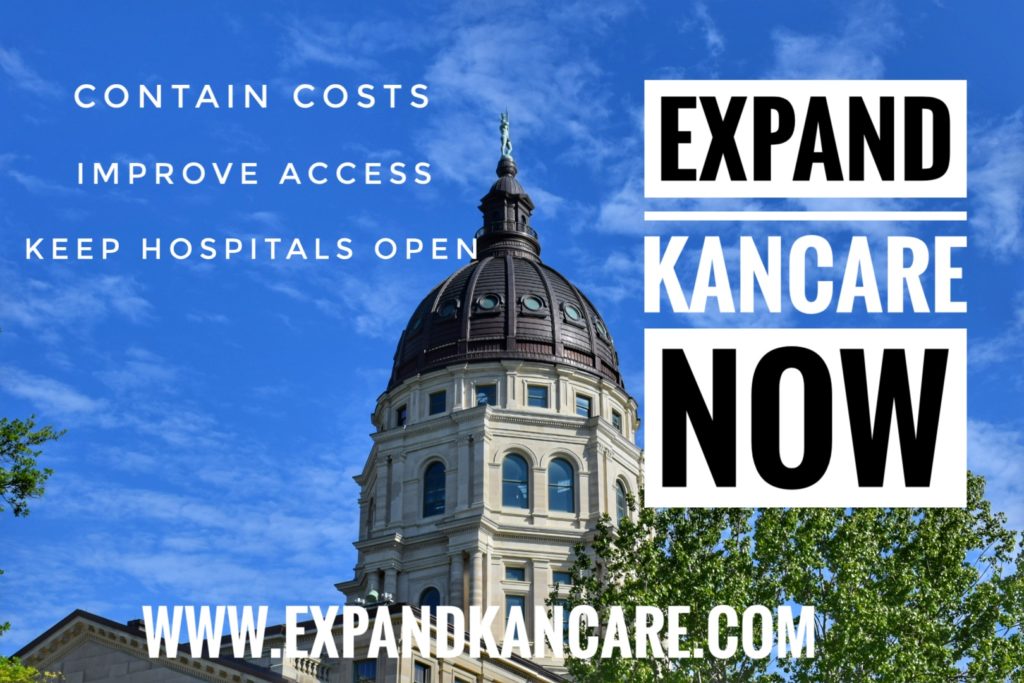The part of the 2019 legislative session that begins on Wednesday was once called the “veto session.” This three-day event allowed legislators to deal with possible overrides on bills the Governor might have vetoed between the end of the regular session and this one. But recently, it has become a time when major pieces of legislation finally get passed.
Most notably, school finance and the state budget have been held until this time and that’s why the supposed three-day session often winds up being much longer.
In an unusual twist this year, the school finance bill has already be adopted and signed into law by the Governor! So that means at least one part of the heavy lifting has been done. Will this mean the three-day session will end on Friday? That depends on what’s left.
The Budget
Before the end of the regular session, budget negotiators hit an impasse and decided to wait until this week to finish things up. There wasn’t a lot of disagreement so one might be inclined to think things could go quickly. They have the April revenue estimates so they know what they have to spend so here’s hoping that might be wrapped up in short order.
A new abortion debate
There’s also the outrage among Republican leaders on last week’s Kansas Supreme Court ruling that the state constitution allows for abortion. Whether or not a constitutional amendment will be taken up is a big question out there right now and, as we have seen, abortion legislation can take up a lot of hours in the Statehouse. Some have raised the idea of an outright ban on abortion as a constitutional amendment while others want to amend the constitution to say a woman does not have a constitutional right to an abortion, thereby allowing the legislature to pass more bills restricting that right. This could get ugly and contentious really fast.
KanCare/Medicaid expansion
Finally, there is KanCare expansion. KanCare is the state’s Medicaid program. More than 150,000 Kansans fall into a health coverage gap. They earn too much to qualify for KanCare but not enough to be eligible to get financial help to buy private insurance. Rep. Don Hineman (R-Dighton) explains the issue best:
“Many expansion beneficiaries are the working poor who don’t receive health insurance at work. They serve in food service, make beds at hotels, and scramble to make ends meet with two or three part-time jobs. They are young entrepreneurs who have taken a chance on a business which has not yet achieved profitability. Or it’s someone who wants to take that step but cannot accept the risk, so they stay in a job that isn’t ideal merely to get health insurance. Individual entrepreneurship is a cornerstone of our free-market system. But crushing insurance costs are stifling the dreams of too many would-be Kansas entrepreneurs. Expanding Medicaid creates opportunities for them and for the Kansas economy.”
KNEA supports KanCare expansion. It is good for our health care system – we’ve already lost five rural hospitals due in part to uncompensated care and 86% of Kansas hospitals have negative operating margins. Some of those who would be helped serve our schools such as part-time support service providers like cafeteria workers, bus drivers, and para-professionals. And 90% of the cost of expansion will be paid by the federal government. Tax dollars paid by Kansans would be returned to Kansas in a program that helps the working poor and supports our hospitals.
The Kansas House has already passed expansion this year. In the Senate, there will be a motion to bring the House bill out of committee and onto the Senate floor. That motion requires 24 votes. A subsequent motion to bring the bill up for debate will require 27 votes. The Senate and House both passed expansion in 2017 only to have then-Governor Sam Brownback veto it. This time, Governor Laura Kelly will sign it.
We urge all Kansans to contact their Senator and ask him or her to support three motions: 1) the motion to bring HB 2066 out of committee and to the Senate floor, 2) the motion to bring HB 2066 up for debate and action, and 3) a motion to advance the bill to final action. Then they need to support the bill on a final action vote. Ask them also to oppose all amendments to the bill. Amending it will just throw it to a conference committee and allow time to run out without action.
CLICK Here to write a personal message to your Senator.
CLICK Here to use an email alert from the Alliance for a Healthy Kansas.



